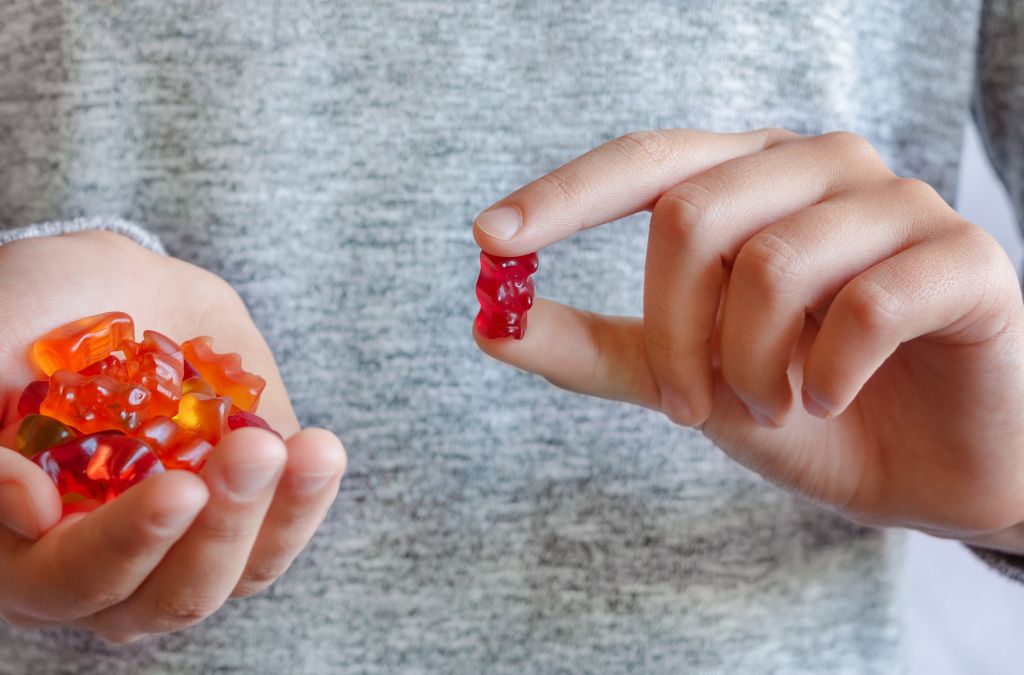Introduction
As a pet moms and dad, nothing can be extra upsetting than seeing your furry pal struggle with stress and anxiety. Whether it’s triggered by loud noises, separation, or changes in their setting, pet dog anxiety can substantially affect their lifestyle– and ours also! While typical drugs have been the best remedy for several years, there’s an increasing star in the world of canine treatment: CBD oil. In this write-up, we will certainly dig deep right into the advantages and disadvantages of both approaches to aid you make an informed decision for your precious pooch.
CBD Oil for Dogs: An All-natural Approach to Anxiety
What is CBD Oil?
Cannabidiol (CBD) is a non-psychoactive substance originated from the cannabis plant. Unlike THC (tetrahydrocannabinol), CBD does not create a “high.” Instead, it communicates with the endocannabinoid system in both people and animals, advertising balance and health.
How Does CBD Oil Benefit Dogs?
CBD jobs by binding to cannabinoid receptors located throughout your pet dog’s body. These receptors become part of the endocannabinoid system that controls numerous physical processes such as mood, pain sensation, and hunger. When introduced right into your dog’s system, CBD may assist minimize anxiousness symptoms by advertising leisure without sedation.
Benefits of CBD Oil for Dogs
Traditional Medications: Reliable Treatments
Common Sorts of Medicines Recommended for Pet Anxiety
How Do Typical Medicines Work?
Traditional medicines largely target natural chemicals in the mind that regulate state of mind and stress and anxiety degrees. They intend to supply immediate alleviation however may not address the root cause of anxiety.
Pros and Disadvantages of Conventional Medications
|Pros|Cons|| ——————————-|——————————-|| Quick results|Possible negative effects|| Well-studied|Dependence dangers|| Vet-approved|Long-term usage issues|
Comparative Analysis: CBD Oil vs. Typical Medications
When it boils down to choosing in between CBD oil and standard drugs for your canine’s anxiousness, it’s necessary to consider both alternatives carefully.
Efficacy Comparison
While conventional medications might function rapidly to minimize signs and symptoms, they do not constantly deal with underlying anxieties properly. On the other hand, several family pet owners report that CBD oil takes some time but provides long lasting benefits without extreme side effects.
Safety Concerns
One significant advantage of CBD oil is its safety and security account; studies suggest marginal damaging impacts when administered appropriately– unlike some traditional medicines that might present serious health and wellness risks over time.
Dosage Considerations for Your Dog’s Well-being
Finding the Right Dose of CBD Oil for Dogs
Determining the best dosage depends on numerous variables consisting of weight, age, and intensity of signs and symptoms. Generally speaking:
Typical Dose Guidelines for Typical Medications
Veterinarians normally recommend based https://www.google.com/ upon weight:
- Benzodiazepines might vary from 0.25 mg/kg to 1mg/kg.
- Antidepressants often start reduced at about 0.5 mg/kg; boosts happen after assessment periods.
Evaluating Adverse effects: What You Ought to Know
Potential Negative effects of CBD Oil for Dogs
Though rare, feasible side effects might include:
- Dry mouth
- Drowsiness
- Lowered blood pressure
Most pets endure it well when dosed correctly!
Side Effects Connected with Traditional Medications
Common adverse effects include:
- Lethargy
- Changes in appetite
- Increased urination
It’s vital to monitor your pet closely when introducing brand-new meds!
Real-Life Experiences with Both Treatments
Success Stories Utilizing CBD Oil for Pet Anxiety
Many dog owners have actually required to forums sharing amazing transformations after integrating cbd oil for pets right into their routine:
“My pet made use of to hide during thunderstorms; now she steadly takes a snooze through them!”
Challenges Faced with Standard Medications
Conversely, some animal owners recount battles with traditional treatments:
“The vet recommended drug that made my canine sluggish– he simply had not been himself anymore.”
Expert Viewpoints on Handling Dog Stress And Anxiety Effectively
Many vets have actually begun advocating for all natural approaches alongside standard treatments:
“Incorporating all-natural treatments like cbd oil can boost overall health and wellness without risking adverse responses.”– Dr. Jane Smith
FAQs About Dog Anxiousness Treatments
1. Is CBD oil lawful for dogs?
Yes! As long as it has less than 0.3% THC.
2. How long does it take for CBD oil to work?
It generally takes around thirty minutes to 2 hours depending on different aspects like dosage and method of administration.
3. Can I offer my pet dog human medication?
No! Human medicines can be poisonous or ineffective in pet dogs– always consult your veterinarian first!
4. Will my pet dog obtain high from CBD oil?
No! Top quality cbd oil includes negligible quantities of THC which will not impact your pet dog’s cognitive functions.
5. What happens if I do not see results best away?
Patience is essential! It may take several dosages over days or weeks before visible modifications occur.
6. Can I incorporate both treatments?
Yes! Many vets recommend incorporating low-dose conventional meds with cbd oil as a complementary technique– but constantly chat with your vet first!
Conclusion
In the recurring discussion between “CBD Oil vs. Traditional Medicines: Which is Best for Your Canine’s Stress and anxiety?”, there’s no one-size-fits-all answer– it eventually relies on your pet’s specific demands and conditions!
Both alternatives existing unique advantages and disadvantages worth thinking about carefully before determining what works best for you and your hairy close friend! As always talk to a vet that understands both therapies well so that you can make an enlightened choice tailored especially towards improving your canine’s quality of life– since that’s what matters most!
Now that you’re armed with understanding concerning cbd pet dog benefits versus standard medications– what will you choose?
